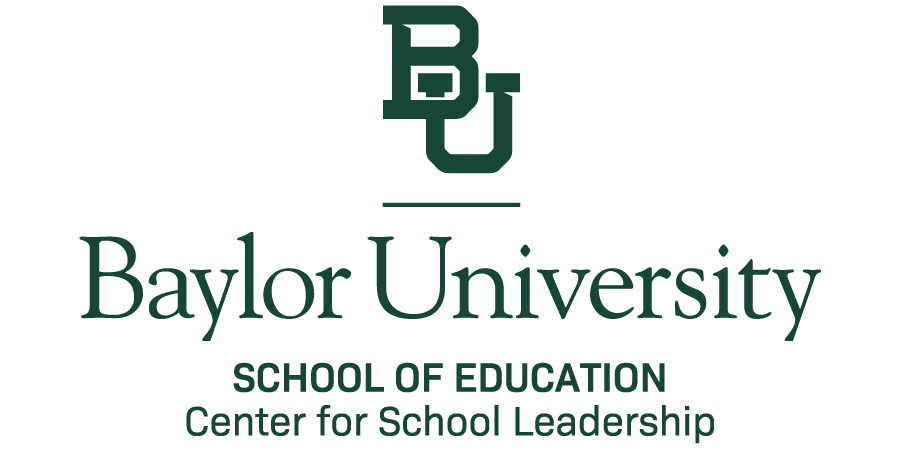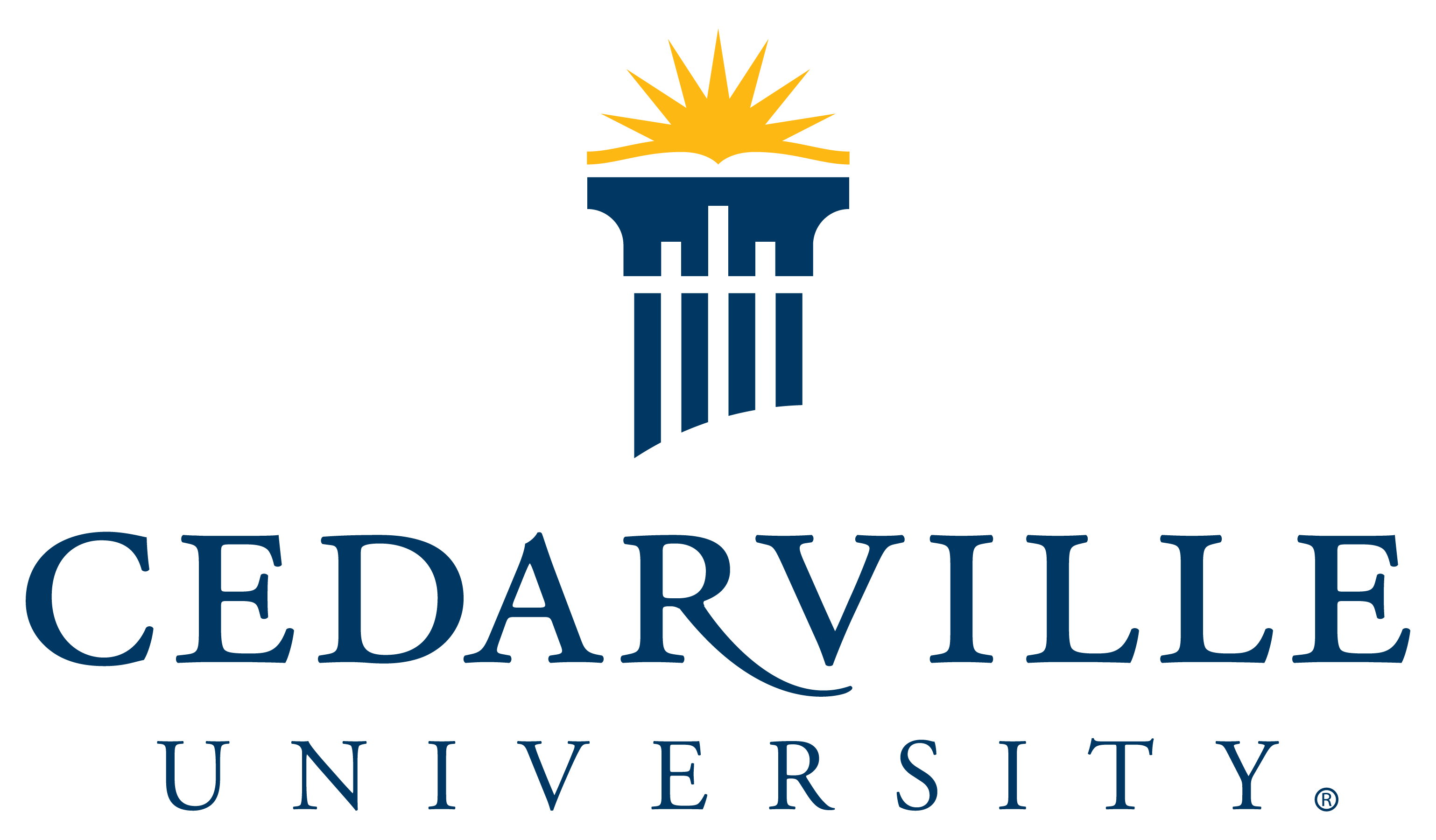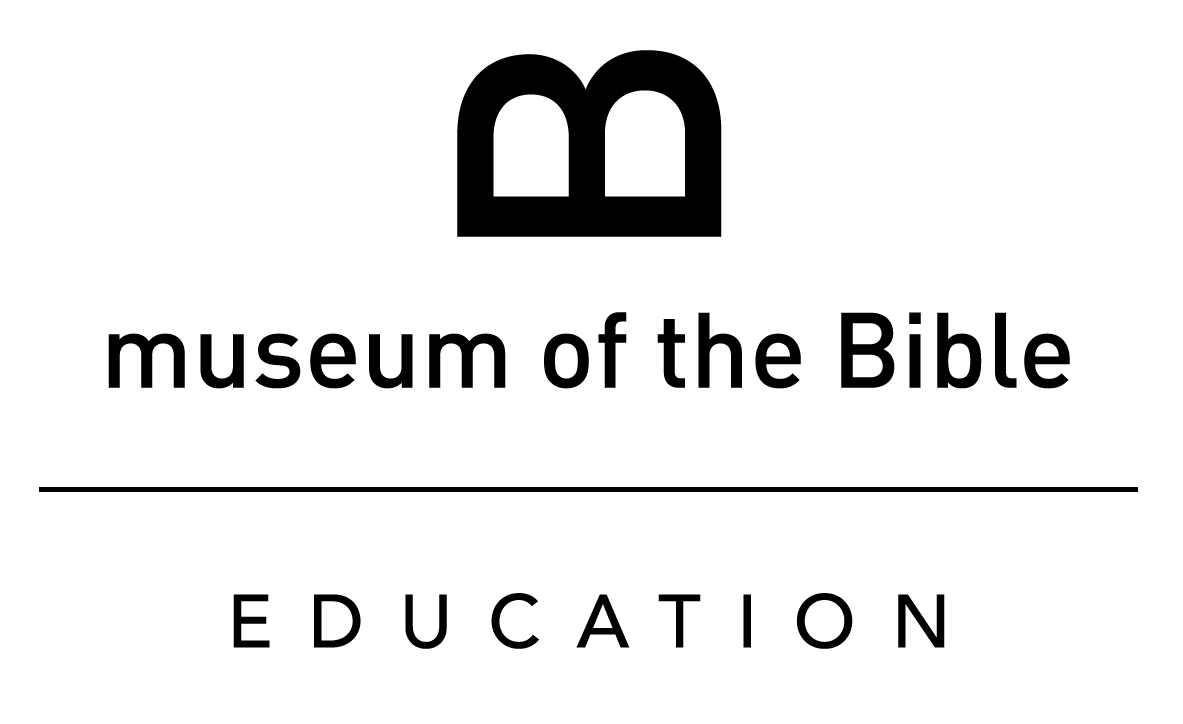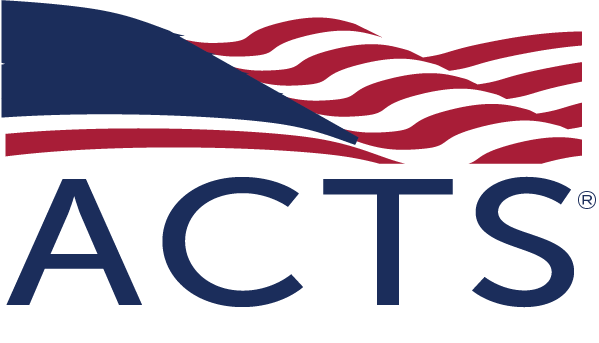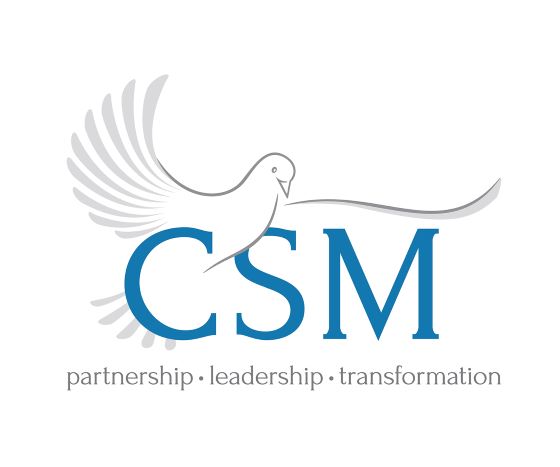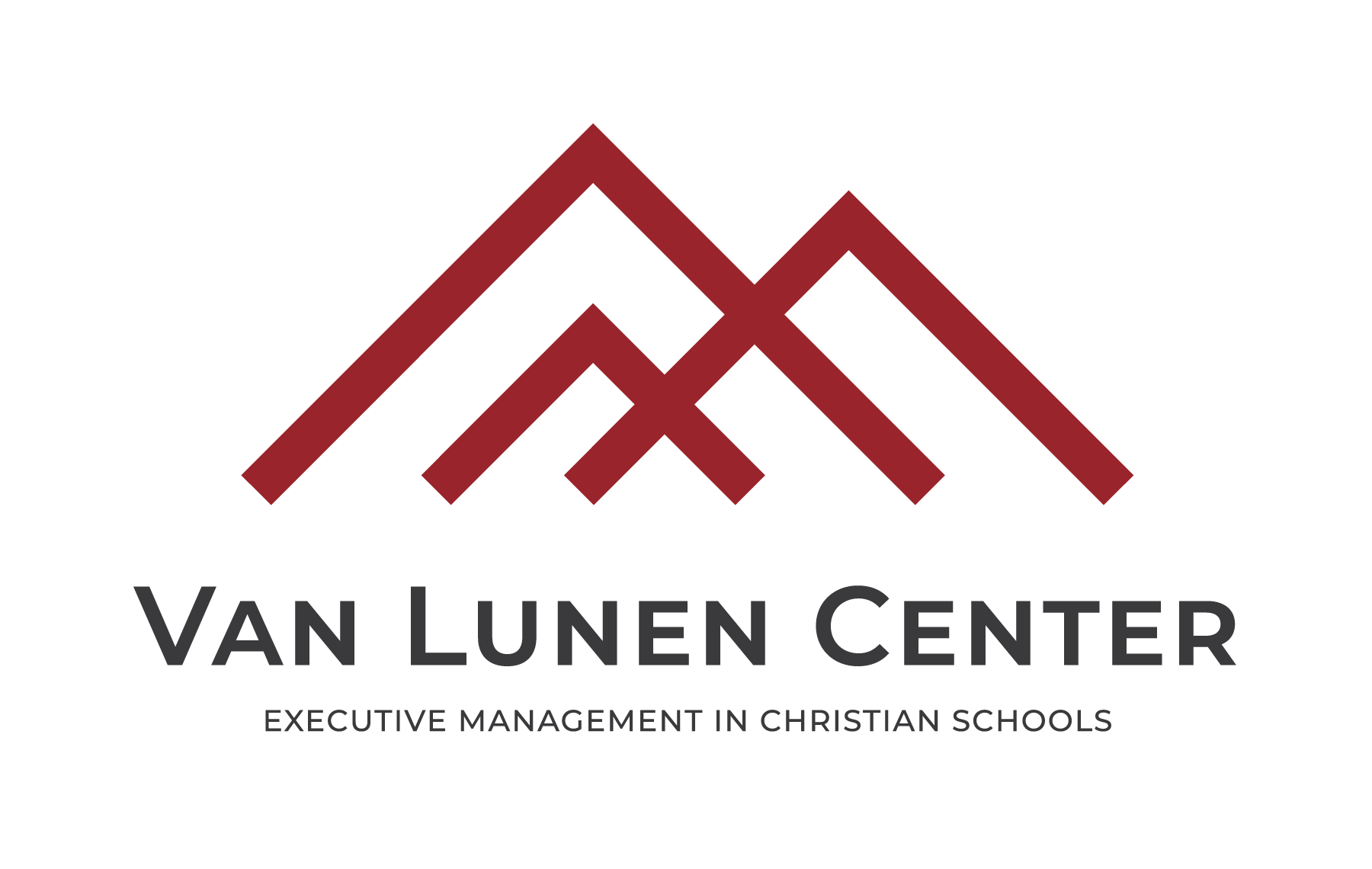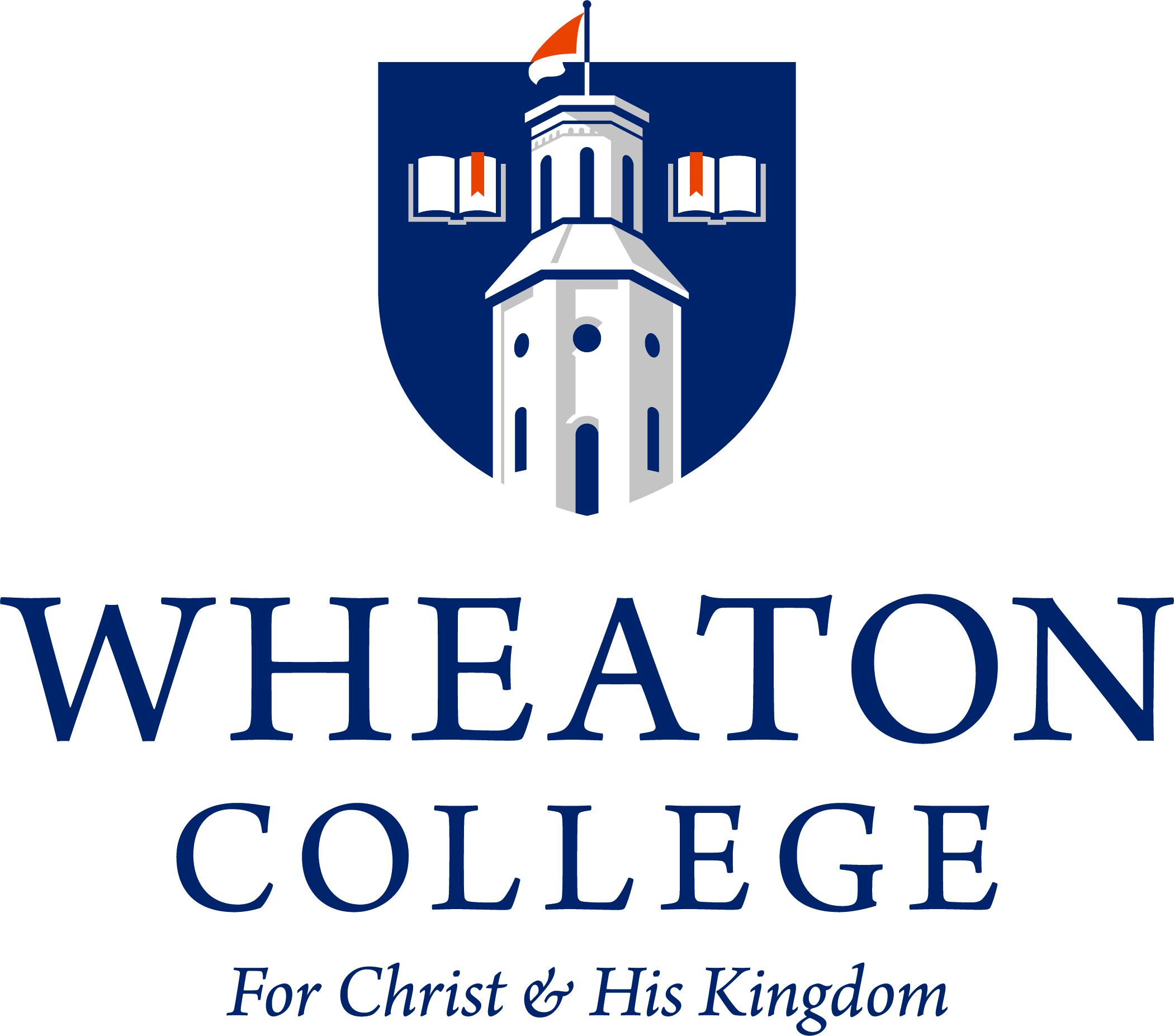In life, someone’s last wishes often uphold profound significance. By respecting one’s last wishes, we ensure that one’s life is honored and that one’s deeply held values and priorities in one’s last wishes can be preserved as a lasting legacy in the life to come.
If we honor our loved ones’ last wishes in life, how much more should we honor Jesus’s last messages before he ascended into heaven as it was recorded in Matthew 28:19–20, also known as the Great Commission: “Therefore go and make disciples of all nations, baptizing them in the name of the Father and of the Son and of the Holy Spirit, and teaching them to obey everything I have commanded you. And surely I am with you always, to the very end of the age.”
What a privilege it is to be called by God to take part in this great commission to make disciples of all nations through Christian education. Regardless of how big or small our role is in this endeavor, I believe that God wants us always to be faithful—because God Who called us is faithful.
I am looking forward to connecting with many Christian school leaders across the globe through the Converge 2025. In this blog, I’ll delve into the critical role of research in shaping the future of Christian education and explore how Converge can serve as a catalyst for innovation and improvement. I will also share my perspective on how research on Christian education can contribute to the Great Commission to which God has called us.
I am a third-generation Christian from Indonesia—a country that has the largest Muslim population in the world, and Christianity only represents less than 10 percent of the population. There, I had the privilege of being a math teacher at a Christian school for five years. This experience not only gave me first-hand experience in educating young minds based on biblical values, but also helped me realize how important a Christian teacher’s role is in discipling students to be Jesus’ faithful disciples. My graduate school research and current professional work as the director of research at the Association of Christian Schools International (ACSI) then gave me more opportunities to conduct and disseminate my research through various Christian education conferences. These gatherings have been invaluable for connecting with Christian education leaders worldwide and understanding our field’s pressing challenges and opportunities.
Since we all have our part in advancing Christian education, I also believe that research on Christian education not only can take an important role as the bedrock of informed decision-making, but research can also significantly contribute to the Great Commission in multiple meaningful ways:
- Research can provide us with a clearer understanding of the context of and opportunities for discipleship. Research can be a powerful tool to identify challenges and needs for different groups and effective practices that can advance discipleship among students. For instance, through our studies about Sabbath practices and teacher burnout in the US, Canada, Paraguay and Indonesia, and Sabbath-Keeping in Private Christian Schools, we were able to provide insights into the well-being of those tasked with nurturing disciples. By understanding this burnout issue among teachers comprehensively, we identified factors in Christian schools that contribute to creating a more sustainable environment for teachers to nurture and disciple students in Christian schools.
- Research can help us develop effective discipleship strategies. Undeniably, research findings may guide us in identifying gaps in our practice and point us to opportunities to develop what works for our discipleship strategies. For instance, our studies about Volunteering and Charitable Giving of Christian school graduates in the US, Canada, and Australia provided us with significant insights into how schools can incorporate service opportunities for discipleship through volunteering and charitable giving into their curricula. These findings also enable us to have a rich understanding of the development of defective discipleship strategies from various cultural contexts.
- Research can also help us to point out what matters in Christ-centered education. The end goal of Christian education should be based on what Jesus told his disciples in the Great Commission: teaching them to obey everything I have commanded you (Matthew 28:20). This message is what drives us daily on the research that we do at ACSI: How can we ensure that Christian education always centers itself on the effort to cultivating spiritual formation of the students? Since we understand cultivating students’ spiritual formation is a collective effort that involves not only family, teachers, and administrators but also broader Christian school constituents and other external parties (i.e., Christian universities and other teacher preparation programs), in the past few years, our research focus has centered around how to help students flourish spiritually through building better teacher and administrators pipelines, as well as extending collaboration with higher education institutions to equip students for a life of discipleship.
Over the years, Converge has been proven to be an effective platform for many school leaders, think tanks, researchers, and practitioners to connect and learn from each other. These unique opportunities that the Converge offers can bridge the gap that long persisted between practitioners and academia—it enables both parties from opposite spectrums to connect theories and practices and ask, what can we all do to help advance God’s Kingdom through education? Not only that, this research-driven innovation in Converge can also serve as a catalyst for innovation in Christian education. With participants coming from different parts of the globe and doing various roles in Christian education—teachers, school leaders, researchers, think tank people, and academia—Converge can help equip all of us to effectively make disciples of all nations just like what Jesus commanded us to do in Matthew 28:19–20. May God, who is faithful and called us to be part of this ministry, bless us all and enable us to remain faithful in this calling.
References
Cheng, A., Lee, M.H. & Djita, R. “A Cross-Sectional Analysis of the Relationship Between Sabbath Practices and US, Canadian, Indonesian, and Paraguayan Teachers’ Burnout.” Journal of Religion & Health 62, no. 2 (2023): 1090–1113.
Cheng, A., & Djita, R. R. (2021). “Volunteering and Charitable Giving among Australian Young Adults and the Mediating Role of Community Service Emphasis in Secondary Schools,” ScholarWorks@UARK. University of Arkansas, April, 14, 2021. https://scholarworks.uark.edu/cgi/viewcontent.cgi?article=1123&context=edrepub.
Cheng, A., Djita, R., & Hunt, D. “Many Educational Systems, a Common Good.” Cardus, July 26, 2022. https://www.cardus.ca/research/education/reports/many-educational-systems-a-common-good/
Johnson, A. H., & Lee, M. H. “Learning to Lead: An Analysis of the Administrator Pipeline in Christian Schools.” Association of Christian Schools International, 2023. https://www.acsi.org/docs/default-source/website-publishing/research/admin-pipeline.pdf.
Johnson, A., & Lee, M. H. “Tending the Teacher Pipeline: An Analysis of the Teacher Pipeline in Christian Schools.” Association of Christian Schools International, 2023. https://www.acsi.org/docs/default-source/website-publishing/research/teacher-pipeline.pdf.
Lee, M. H., & Djita, R. R. “Sabbath-keeping in Private Christian Schools.” Association of Christian Schools International, 2024. https://www.acsi.org/docs/default-source/website-publishing/research/wp2024-02.pdf.
Lee, M. H., Djita, R. R., & Price, E. W. “Spiritual Formation in College and University: Do Students in Religious Higher Education Institutions Feel More Supported in Their Faith?” Christian Higher Education, July 17, 2024, 1–16. https://www.tandfonline.com/doi/full/10.1080/15363759.2024.2358035.
Taylor, L. “Kingdom Education for the King.” Association of Christian Schools International (blog), December 20, 2022, https://blog.acsi.org/kingdom-education-for-the-king



